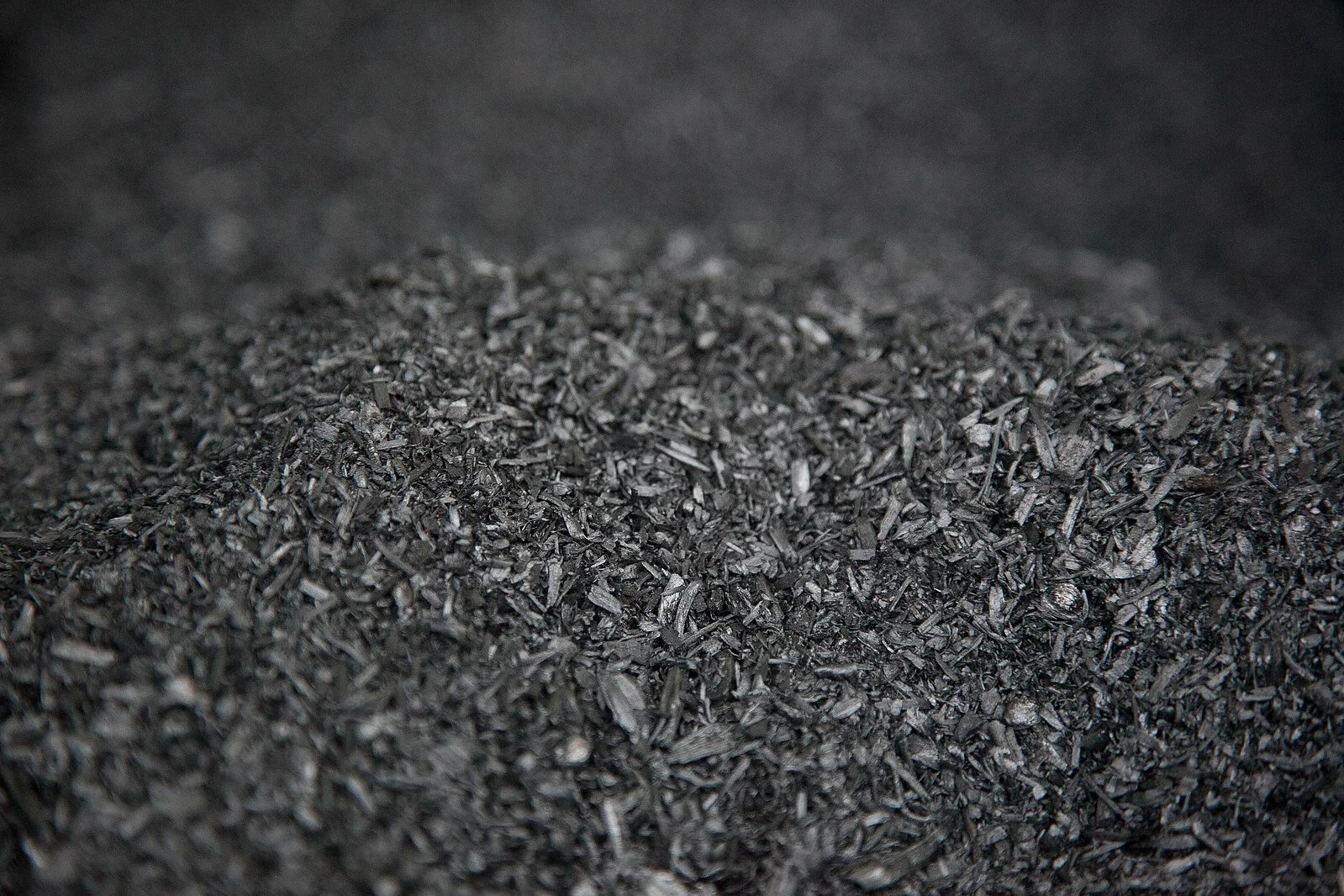Ren’s group recently published an article in Renewable and Sustainable Energy Reviews, where they synthesized global data from nearly 600 studies on biochar to analyze its potential as a climate-smart agricultural practice.
We hope to quantify related water and nutrient footprints and the potential to promote climate resilience."
In Connecticut, biochar could also help turn a form of waste in the form of tree trimmings and other wood waste into this valuable, resilience-building material.
“As I mentioned, CSA practices need to happen at the right time and location and must consider the combination of other natural and human factors,” Ren says.
The team is connecting with local biochar producers and planning to keep the production local, considering the need to save energy for transportation.


